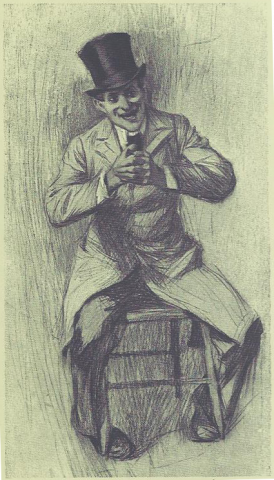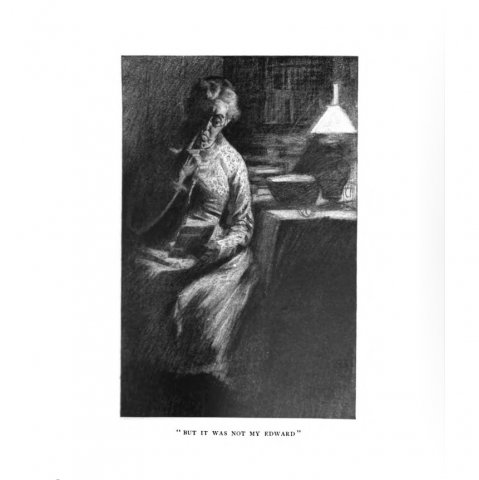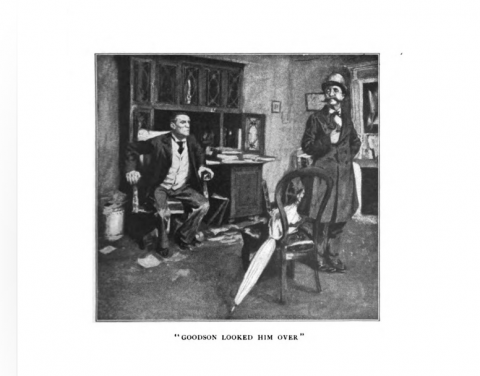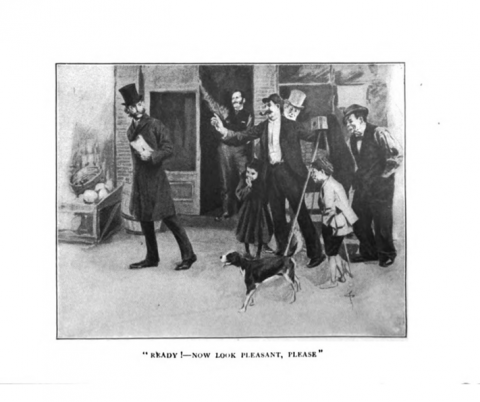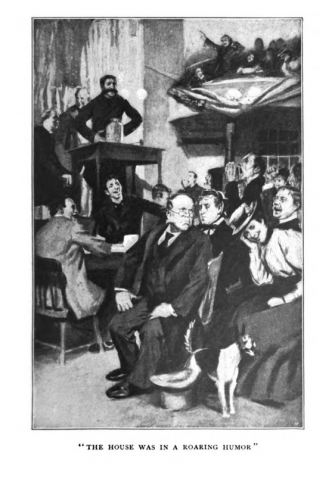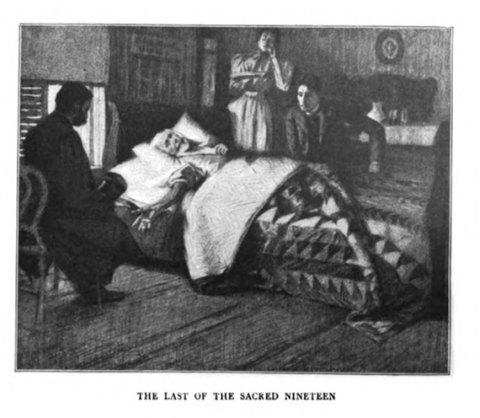I've seen this story described as Faustian, but I don't see these people as selling their souls for this sack of gold. It seems to me they've already done that. I suppose this could be thought of as the devil coming to collect his due. The story was written in 1898 while Mark was living in Vienna, Austria. This was a time of great elitism, with the Hapsburg aristocrats, and also a time described as "notoriously, stingingly, passionately antisemitic". Mark was courted by aristocrats and also denounced in the press as either a "Jew-lover" or as a "secret Jew". For more specific background, this was the time of the Dreyfus Affair.
The use of nineteen principal citizens may have been, at least partially, inspired by the Austrian Parliament of the time. The main theme is "the greed and avariciousness of the Hadleyburgians as a manifestation of the profound corruption of human nature". More on Mark's attitude can be found in his book "What is man?". One telling quotation is "those shabby poor ridiculous creatures... molded by social training (sometimes called "education") and heredity, with no room for moral growth and no possibility of spiritual integrity, human beings engage in a Darwinian struggle for position, power, and comfort (wealth)."
About this (these) recording(s): They are single take recordings without rehearsal from three separate sessions. I used an inexpensive Plantronics headphone microphone. The audio was recorded using arecord saved in an ogg format. The video portion was recorded with gtk-recordMyDesktop. The individual videos were edited to less than 15 minutes each (a requirement for YouTube) using PiTiVi, then converted to an flv format using mencoder. It's very difficult to manipulate camera angles and zoom while reading in Second Life so the video is not particularly inspiring. YouTube wants videos otherwise I would have published only the sound track.
See the Introduction to the Oxford Mark Twain edition of The Man That Corrupted Hadleyburg and Other Stories and Essays by Cynthia Ozick and the Afterword by Jeffry Rubin-Dorsky.
- Log in to post comments
